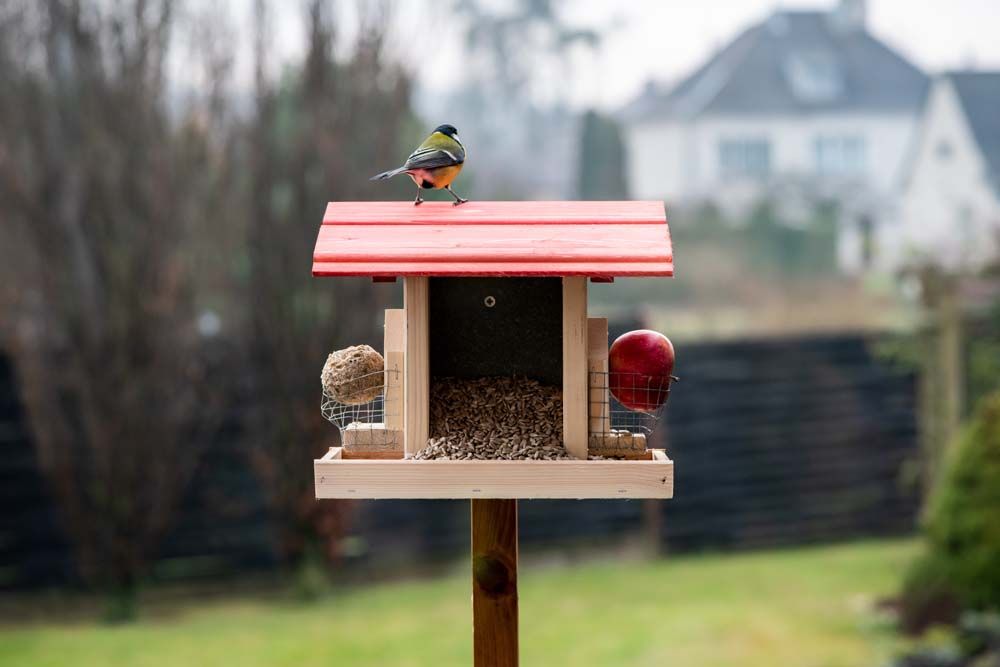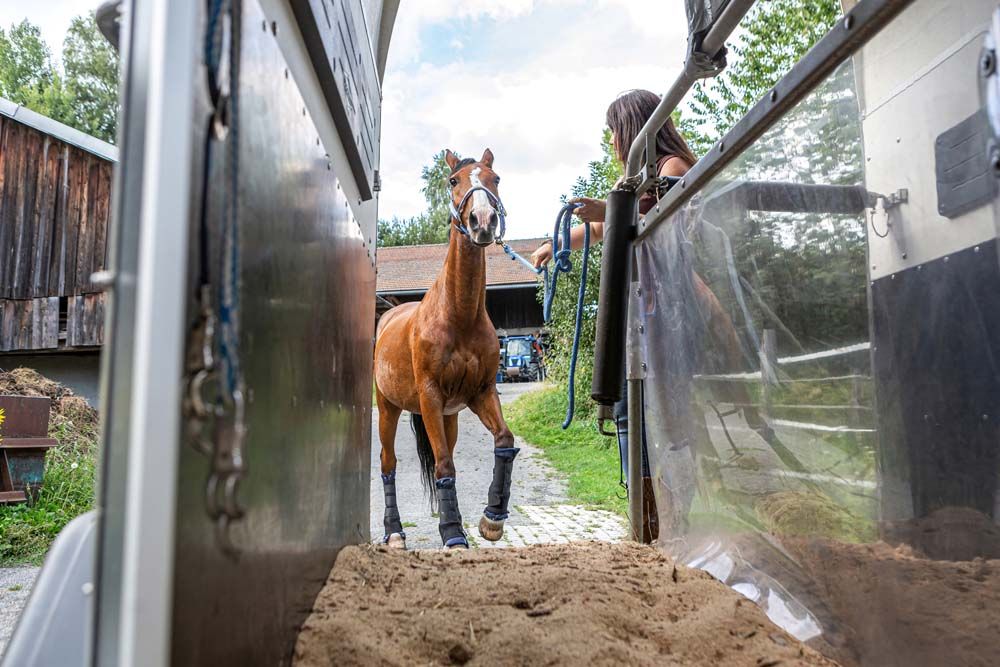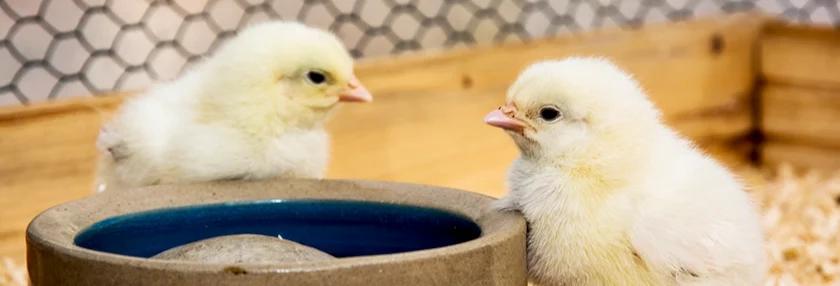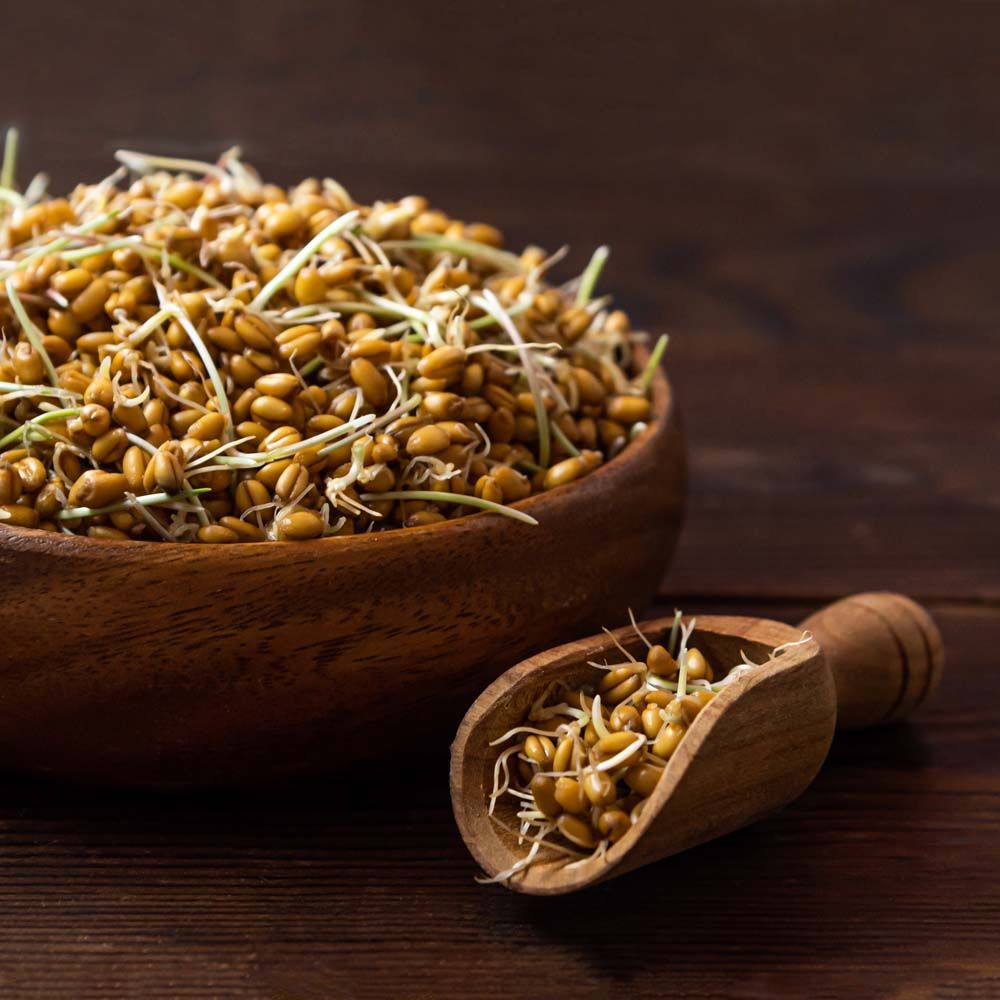How to Get Your Chickens to Like You
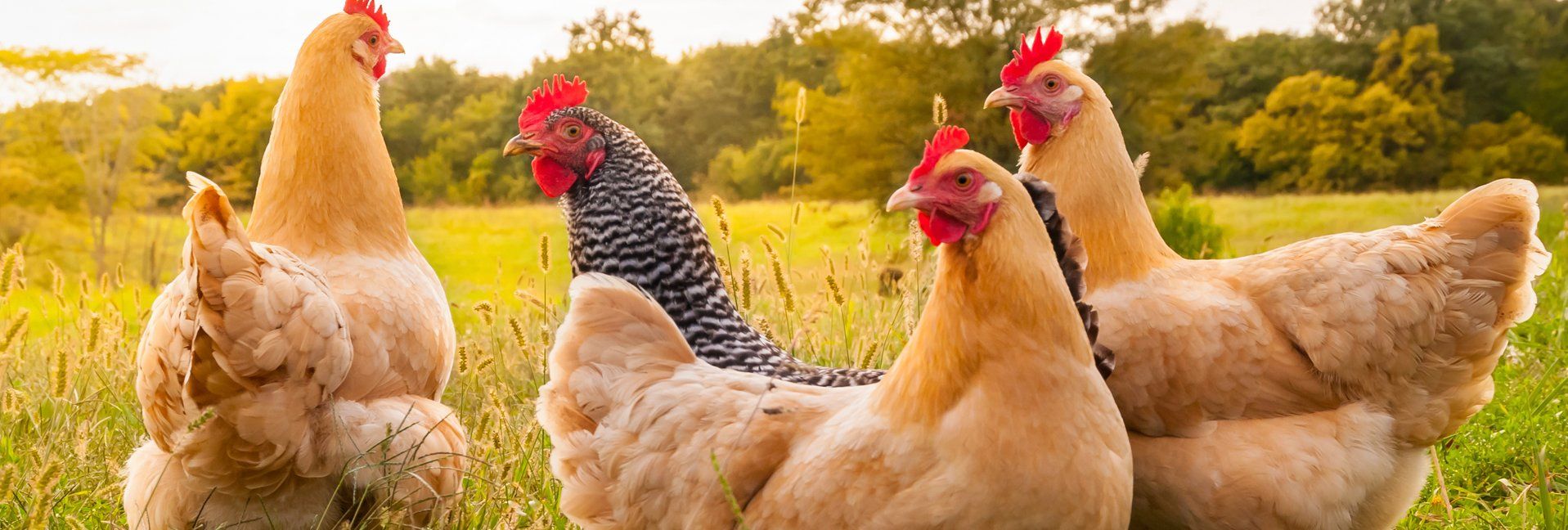

We have all heard stories of chickens that are big snuggle bunnies or chickens that will jump on your lap and sleep by your side at night. You may have wondered if these stories were real or make-believe because your own chickens run away from you, squawking and flying up into trees.
I am often asked how you can encourage chickens to be more loving towards you. It all comes down to time spent with them and food.
Blame the breed
The breed of chicken does make a difference. Some breeds are just more domesticated than others. I have found Barred Rocks to be the most loving breed of all. Mine loved to sit in my lap.
Breeds that are more flighty, and thus less tolerant of people, are often breeds with large crests such as Polish or Silkies, which I breed. I believe the crests make it difficult for them to see clearly, so they don’t know if that movement is you or a predator coming after them. Trimming their crests so that they can see will change how they react to you.
Announce ‘dinner is served!’
Using your voice to announce your arrival can help as well. I have a distinct call that I use that the birds recognize as “food is on the way.” They will come running when they hear that call.
Learning to associate you with food and treats goes a long way towards bonding with them. Cracked corn is my flock’s favorite treat. I use it as a training tool to teach them how to come in at night or if I need them to be somewhere else while I clean out their coop.
Another special treat are Grubblies (grubblyfarms.com) which are oven-dried black soldier fly grubs. Yum! Your birds will love them and they’ll love you for giving them some.
Live meal worms or freeze dried meal worms will also bring your chickens running and cackling.
Invest in quality time
One of the best things that you can do is to simply spend time with your flock. Get a chaise lawn chair and place it in the coop or run, or even where they free range. Make sure that it is low to the ground—you don’t want to tower over them. Lie down and read a book or look at your phone. Maybe watch a movie. Just spend time next to them without trying to hold or grab them.
Place the treat bag near you or even scatter treats on you or around your chair. If you appear uninterested in them, they will start bothering you for attention. Let them roost on your chair. Repeat this every day and be consistent. You will be rewarded.
For every action…
Most birds are easily frightened. Do not jump, run, or move quickly around your birds.
Slow movements build trust. Quick movements will scare them.
Do not hold a chicken too tightly or she will start to panic. Also, be careful with a chicken around your face. Roosters have been known to attack eyes when held close to the human face. Some roosters are cuddlers while others are man-fighters.
Temperament can be genetically handed down, so if you are breeding, make sure that you are not using aggressive roosters. There is no sense in breeding aggression into your flock.
Look nice, bring treats
Baby chicks pose a different problem. They are instinctively afraid of everything. We appear to be a huge figure flying down from above, not unlike a hawk would swoop. They will see you as a predator until you can build their trust. Keep yourself at their level.
There is no window of opportunity when it comes to bonding with your chicken. A chicken can grow to love you no matter what age you acquire it. You do not need to purchase a very young chick in order to have it become attached to you. You can start bonding with a bird at any age.
Start by getting them to eat treats out of your hand. First, you will need to show them what treats are. Egg yolk from a hard boiled egg is a great treat for a little chick. Chop the yolk up a little into pieces they can eat.
When they are ready for other treats, make sure that they have chick grit available to help their crop grind it up.
Place the treats on the ground first, then gradually move to your hand.
Remember that most of their nutrition should come from their starter feed—don’t go overboard with tidbits that have poor nutritional value.
The hand that feeds them
Finally, gently handling the chicks often will help them to become tame. Be very aware of how little children handle the birds, though. Young chicks can jump from little hands and injure themselves, or can be squeezed too tightly.
Make sure that they also are getting a chance to rest and warm back up under the heat source.
Tags:Chicken Chatter

Acreage Life is part of the Catalyst Communications Network publication family.







